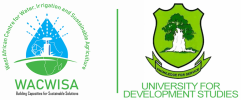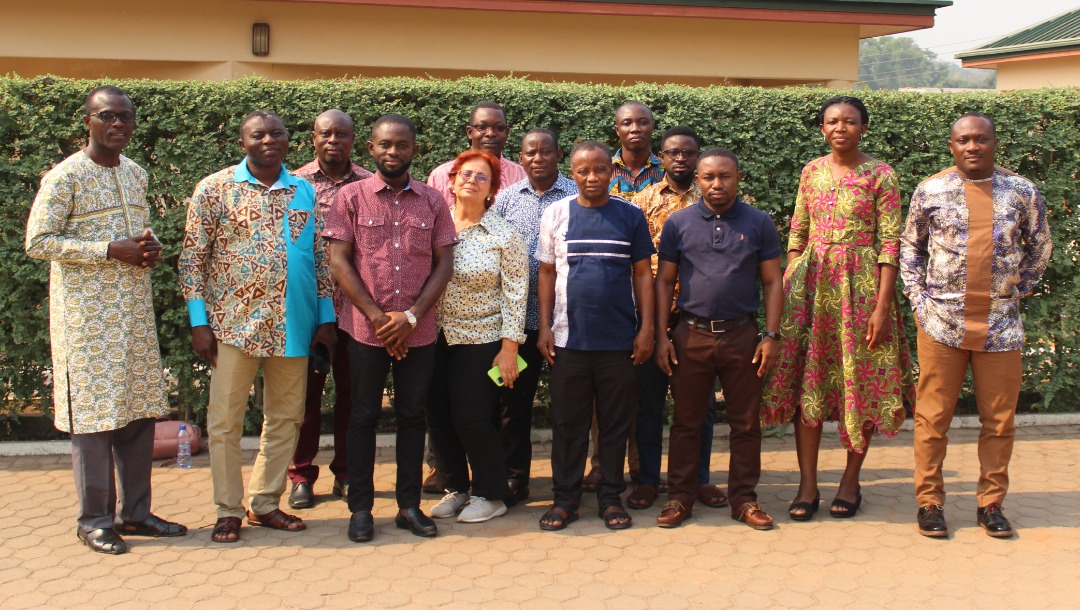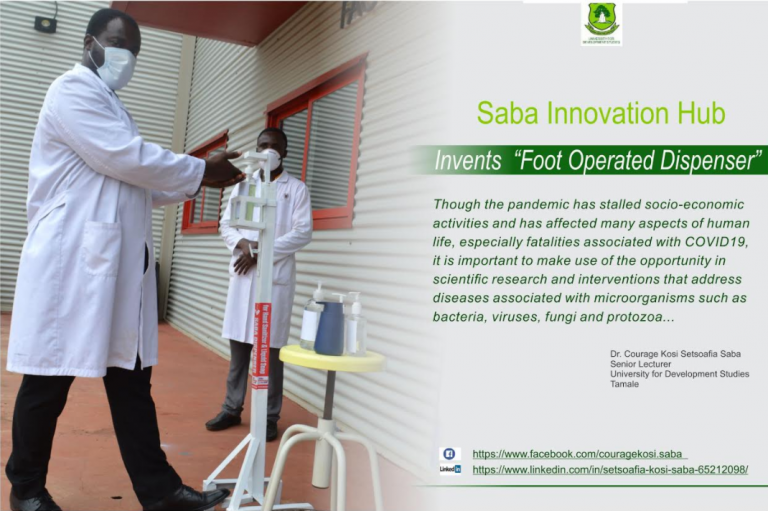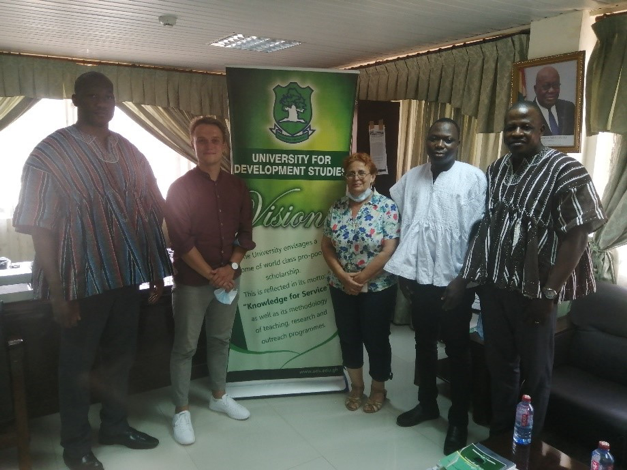A team from the West African Centre for Water, Irrigation and Sustainable Agriculture (WACWISA) of the University for Development Studies (UDS), Tamale is participating in a Technical Observer Training Workshop in Ho as part of curriculum development for Solar Powered Irrigation System (SPIS) training in Ghana. This is under the German Development Cooperation; Deutsche Gesellschaft für Internationale Zusammenarbeit (GIZ) Green People’s Energy Project which aims to increase the use of solar energy in irrigation of agricultural crops across Ghana. The five-day training which started on 24th January 2022 has other stakeholders drawn from other research and training institutions and the private sector with the aim to enhance collaboration and cooperation. The ongoing workshop will therefore build the capacity of agricultural extension agents, solar energy installers and technicians as well as financial institutions on the use of solar powered irrigation systems and the financing modules available to support the acquisition of solar powered irrigation system by small and large scale farmers. Under the agreement, WACWISA-UDS will undertake training of sector players in the five (5) northern regions of Ghana, namely; Northern, North East, Savanna, Upper East and Upper West. 2022
The development of the curriculum forms part of activities under components of the project signed as a Memorandum of Understanding (MoU) between WACWISA-UDS and GIZ-Green People’s Energy Project which is being implemented as a one year project. The curriculum focuses on both theory and hands-on Solar Powered Irrigation Systems. Some of the content areas include water sources and quality for irrigation, yield and level of the water source and yield testing of a tube well, water needs for irrigation, water conveyance and application methods, total head of the system, solar pump selection and pump comparison, components of a solar irrigation system, types of water sources for irrigation, yield & water level of the water source and procedure to test the yield of a tube well.
The West African Centre for Water, Irrigation and Sustainable Agriculture (WACWISA) was established in 2019 by the University for Development Studies (UDS) as a semi-autonomous Centre of Excellence to undertake cutting-edge research and training in irrigation, drainage, water resources management, sustainable agriculture, climate change and food and nutrition security. Currently has one hundred and thirty eight (138) students at the Masters and Doctor of Philosophy (PhD) levels studying Irrigation and Drainage Engineering and Environmental Management and Sustainability from twenty five (25) countries. With a tagline “Building Capacities for Sustainable Solutions”, WACWISA build’s capacities of trainees and graduate students through short courses, Masters, PhD and post-doctoral level programmes, as well as undertakes applied and advanced research and develops sustainable localized technologies in water resources, irrigation, climate change, sustainable agriculture and food and nutrition.
GIZ Green Energy People’s Project is also sponsoring the establishment of a Solar Powered Irrigation System demonstration site for training and research purposes at WACWISA, Nyankpala campus of UDS.
WACWISA’s training and research programmes are enhanced through established partnerships with research institutions and industry partners within Ghana, Africa and globally. The training system emphasizes quality and capacity building for students and places premium on practical skills and solutions to industry problems.



